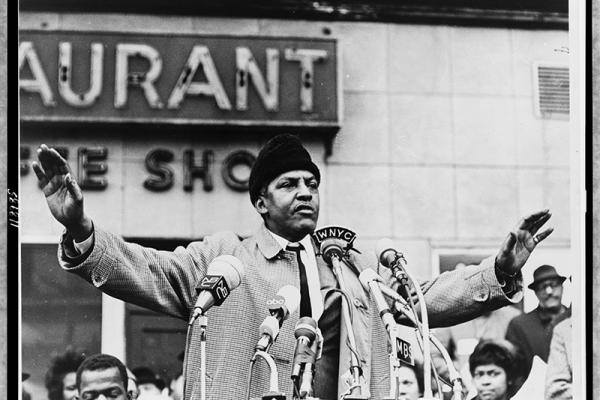Jul 1, 2015
Years before the gay rights movement gained momentum, an openly gay black activist named Bayard Rustin advised Martin Luther King Jr. on nonviolent protest tactics and organized the 1963 March on Washington. But attacks on Rustin’s sexual orientation threatened his role in the civil rights movement.
Rustin died in 1987 at age 75 after decades as an activist and organizer on issues including peace, racial equality, labor rights, and gay rights. He will be remembered for support for LGBT rights during the National LGBT 50th Anniversary Celebration July 2-5 in Philadelphia. The four-day event recalls gay rights activists who demonstrated for equal rights at Independence Hall on the Fourth of July from 1965 to 1969.
Read the Full Article

Already a subscriber? Login
